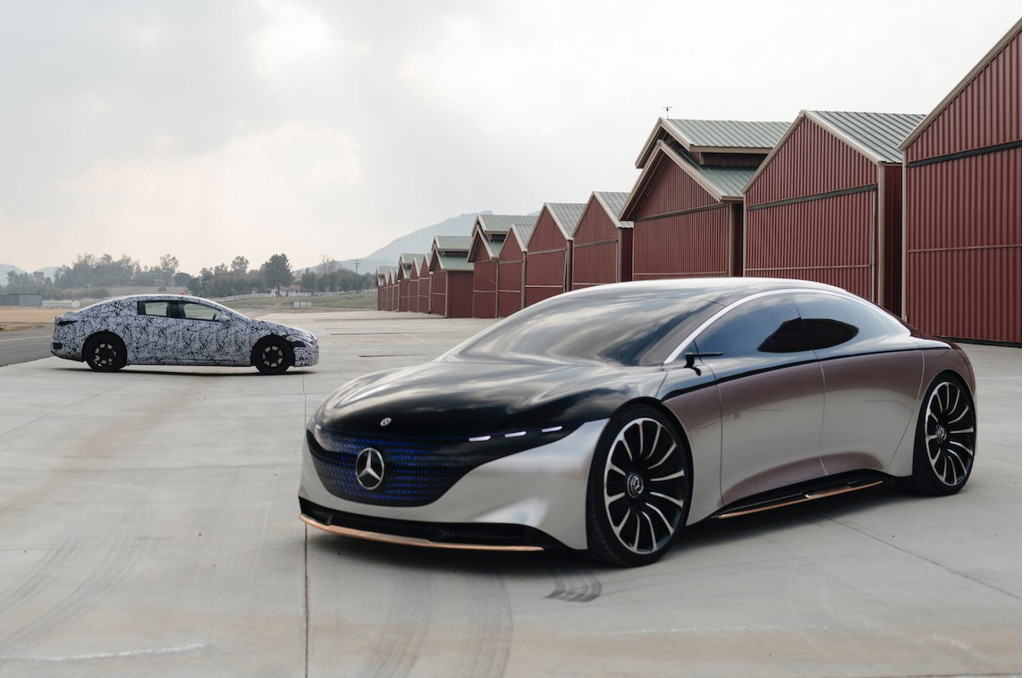As Mercedes-Benz takes tentative steps toward an electrified future, it will first exorcise a ghost from its diesel-powered past.
On Thursday, the automaker announced that it will pay $2.2 billion to settle a diesel-emissions cheating scandal in the United States.
The settlement addresses claims involving emissions-control systems on 250,000 Mercedes diesel passenger cars and vans sold in the U.S. Under the terms of the settlement, Mercedes will pay approximately $1.5 billion in penalties to involved U.S. authorities, including the federal Environmental Protection Agency, the U.S. Justice Department, U.S. Customs and Border Protection, the California Air Resources Board, and the California Attorney General's Office.
That's in addition to a class-action settlement amount expected to be about $700 million.
In a press release, Mercedes parent Daimler said it "has cooperated fully with U.S. authorities and continues to do so."
This is the latest aftershock of the Volkswagen "Dieselgate" scandal, in which the automaker was found to have used so-called "defeat device" software to cheat on U.S. emissions tests. That revelation triggered a wave of investigations of other automakers selling diesel vehicles, as well as closer scrutiny of testing.

2021 Mercedes-Benz EQS prototype and Vision EQS concept
In the wake of the VW scandal, Mercedes has discussed a shift to electric cars, but so far Europe is clearly the priority, not the U.S.
Although the company made a number of announcements—such as the establishment of the EQ sub-brand, just after the diesel scandal, the company's rollout of EVs has been very slow in the U.S.
The EQC electric crossover still hasn't gone on sale here, although the company broke ground on a battery factory in Alabama in 2018.
Recently Mercedes appears to be reaching even further upmarket and has teased an EQS flagship sedan, with a range of 435 miles on the European WLTP testing cycle, likely closer to 350 miles on the U.S. testing cycle.
A compact EV that might potentially be sold in higher volumes is unlikely to come to the U.S. this time.
